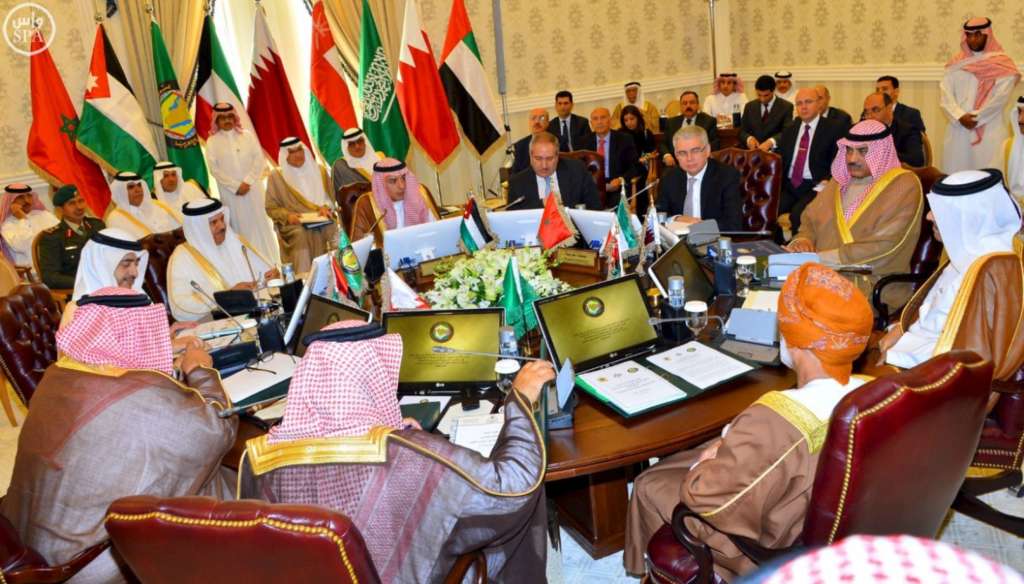Riyadh – Cairo – The Gulf Cooperation Council member states strongly rejected Tuesday’s announcement by Yemen’s Houthi rebels to form a “National Salvation Government”.
GCC countries stressed that such measure was an evidence of the rebels’ unwillingness to resume political negotiations and establish peace in the war-torn country.
GCC Secretary General Dr. Abdulatif Al-Zayani said that the Council strongly denounces the unilateral measure taken by the rebels and ousted President Ali Abdullah Saleh, adding that the government of President Abd Rabbuh Mansour Hadi was the only legitimate and constitutional government, which is acknowledged by the Arab League, the Organization of Islamic Cooperation and the United Nations.
“The formation of a government by the rebels and Saleh confirms that Houthis and Saleh supporters were not serious in resuming political talks, and are seeking to hamper big efforts deployed by U.N. Special Envoy Ismail Ould Cheikh Ahmed to end war in Yemen and revive political negotiations in order to reach a solution that would be based on the Gulf Initiative, the outcome of national dialogue and U.N. Security Council Resolution 2216,” Al-Zayani said.
Meanwhile, the Organization of Islamic Cooperation (OIC) condemned the formation by Yemen’s so-called Supreme Political Council of a national salvation government, “a step categorically rejected by the OIC as it constitutes a flagrant violation of the U.N. relevant resolutions and regional and international efforts to find a peaceful solution for the Yemeni crisis, end the sufferings of the Yemeni people and bring about security and stability to the country.”
In a statement, OIC Secretary General Dr. Youssef bin Ahmed Al-Othaimeen said his organization was committed to support the legitimate government in Yemen, led by President Hadi, urging all Yemeni parties to positively respond to the U.N. special envoy Ismail Ould Cheikh Ahmed’s efforts to reach a reconciliatory solution for the Yemeni crisis.
The statement warned from the continuation of the Houthis and forces loyal to Saleh of “un-calculated violations derailing endeavors for a peaceful solution in Yemen through enforcing a status quo in a way that undermines the internationally-recognized legitimacy.”
British Ambassador to Yemen Edmund Brown said that “weeks after agreeing to engage in a U.N. roadmap, Houthi-Saleh side announced an illegitimate government, which takes Yemen further from peace.”
The British diplomat added: “This move is destructive and unacceptable. Houthis and Saleh must stick to their word, avoid unilateral action and engage with U.N. process.”
For his part, Arab League secretary General Ahmed Abul Gheit said the announcement of a national salvation government reflected Houthis’ unwillingness to comply positively and responsibly with ongoing mediation efforts purposed to resolve the Yemeni crisis.
Quoted by his spokesman Mahmoud Afifi, Abul Gheit stressed that such step was considered a blow to the U.N.-backed efforts to end 20 months of war in the Arab country.
